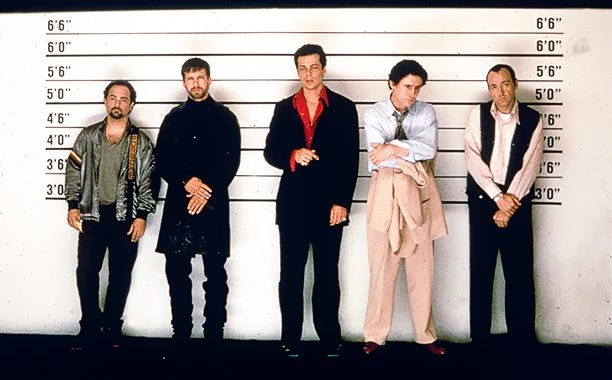Film has the power to shape our understanding of the world and the people in it. However, this power comes with a significant responsibility: the ethical representation of individuals and groups on screen.
The Importance of Ethical Representation:
- Combating Stereotypes:
- For decades, film has perpetuated harmful stereotypes about race, gender, ethnicity, sexuality, and other marginalized groups.
- These stereotypes can reinforce prejudice, limit opportunities, and perpetuate harmful social inequalities.
- Ethical representation strives to break down these stereotypes and present nuanced, authentic portrayals of diverse individuals and communities.
- Promoting Diversity and Inclusivity:
- True representation goes beyond simply including diverse characters. It requires creating roles that are complex, multi-dimensional, and avoid falling into stereotypical tropes.
- It also necessitates hiring diverse talent both in front of and behind the camera, ensuring that diverse voices and perspectives are represented at all levels of the filmmaking process.
- Fostering Empathy and Understanding:
- When done well, film can foster empathy and understanding between different groups.
- By showcasing the lived experiences of marginalized communities, films can challenge audiences’ preconceived notions and promote a more inclusive and equitable society.
- Reflecting Reality:
- While artistic license is important, film should strive to reflect the complexities of the real world.
- This includes accurately portraying the diversity of human experiences, acknowledging historical injustices, and addressing contemporary social issues.
Challenges and Considerations:
- Authenticity vs. Entertainment:
- Balancing the need for authentic representation with the demands of entertainment can be challenging.
- How can filmmakers tell compelling stories while also avoiding the pitfalls of tokenism or sensationalism?
- The Role of the Audience:
- Audiences also play a crucial role in shaping the impact of representation.
- It’s important to critically engage with the messages conveyed by films and to challenge harmful stereotypes both within and outside the cinematic experience.
- The Evolving Nature of Representation:
- The concept of ethical representation is constantly evolving.
- As society evolves, so too must our understanding of what constitutes authentic and respectful portrayals of diverse individuals and communities.
Conclusion:
Ethical representation in film is not merely a matter of political correctness; it is a fundamental ethical imperative. By striving for authentic portrayals, challenging stereotypes, and fostering empathy and understanding, filmmakers can use their art to create a more just and equitable world.
Disclaimer: This analysis explores general concepts and ethical considerations related to representation in film. The specific challenges and considerations will vary depending on the context and the specific groups being portrayed.






